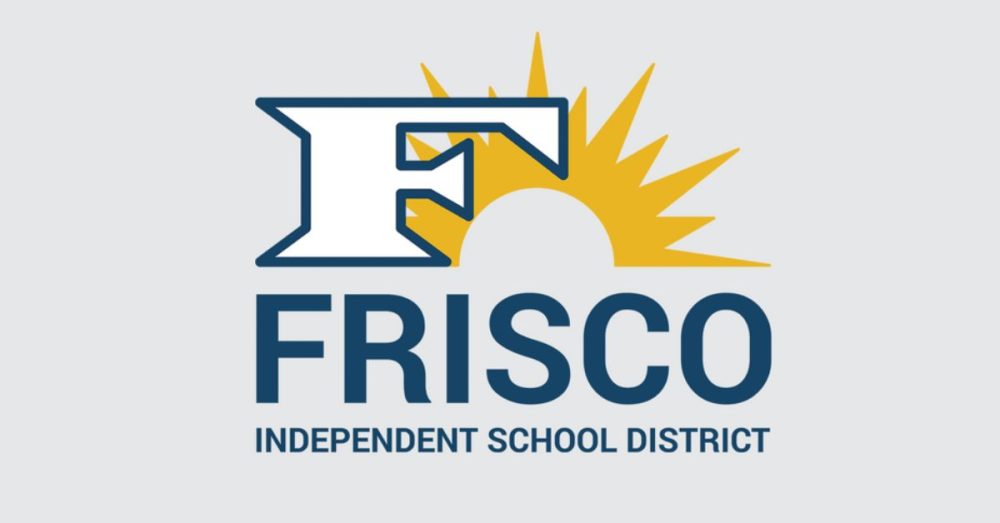In February, Texas Attorney General Ken Paxton sued Frisco ISD for electioneering after its government affairs department allegedly used an official social media page to encourage people to vote for certain policies.
The lawsuit identified several instances of alleged electioneering in which the district encouraged people to vote for candidates who supported more spending for public schools and ostensibly against those who supported vouchers, as previously reported by The Dallas Express.
One post from February 20 read:
“Today is the first day of early voting! Public education is always on the ballot, especially during the primaries. The Texas legislature determines public school funding. Last session, proposed legislation that tied public school funding to a voucher program failed, leaving Frisco ISD $90 million behind 2019 funding levels.
“Many of the seats up for election do not have competitive races during the November general election, so whoever wins the primary – in most cases – will win the November election. That means candidates we’re voting for right now will decide whether or not public schools get funded appropriately. Make your voice heard!”
The suit sought temporary and permanent injunctive relief to prevent FISD from participating in any further electioneering.
KERA News reports on the recent settlement of the lawsuit between the parties. Here’s the start of the story:
Frisco ISD has settled a lawsuit with Attorney General Ken Paxton over alleged electioneering on social media against school vouchers — but legal experts say it doesn’t answer a key question about what school districts are allowed to say about political issues.
A Collin County district court judge signed off on the deal Tuesday, making Frisco the seventh and final district to settle a lawsuit on the issue. The district’s board of trustees approved the settlement last week.
It’s a good outcome for both parties, Frisco ISD outside counsel Lucas Henry told KERA News.
“I think it’s a good result for the taxpayers, who don’t have to see two government entities pursuing a lawsuit beyond what is necessary when an agreement can be reached,” he said.
But the lawsuits raised concerns that Paxton was overreaching in his interpretation of what constitutes illegal electioneering by schools, and the settlement now means the courts will not clarify that law, according to legal experts.
“We can probably add this to the list of the many questions out there in the legal world that we would love to have a court of appeals give an opinion about just because it would be interesting to read and it would inform the behavior of school districts and other government entities moving forward,” Henry said. “But that’s not the role of our court system.”


